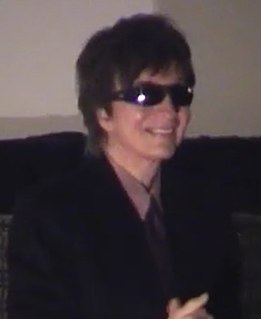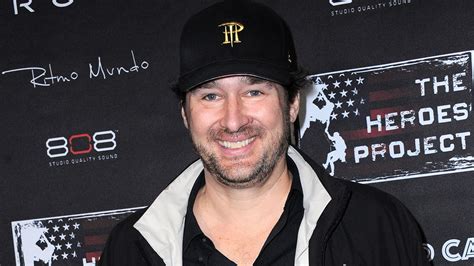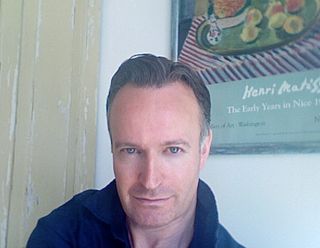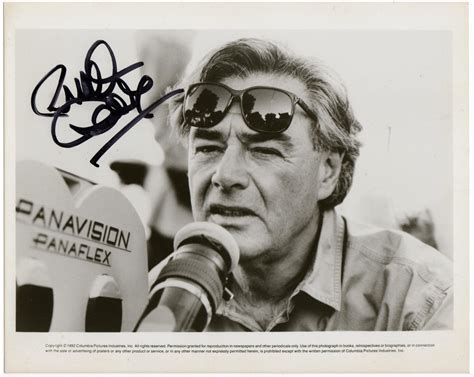A Quote by Michael Cimino
Most people I knew had been crippled by their educations. Some were even dying spiritually.
Related Quotes
As a teen-ager I played cards, shot craps, played pool, went to the track, hung around social clubs. I knew that some card and crap games were run by the mob, and some social clubs were mob social clubs. Even as a kid I knew guys that were here today, gone tomorrow, never seen again, and I knew what had happened.
I had always been aware that the Universe is sad; everything in it, animate or inanimate, the wild creatures, the stones, the stars, was enveloped in the great sadness, pervaded by it. Existence had no use. It was without end or reason. The most beautfiul things in it, a flower or a song, as well as the most compelling, a desire or a thought, were pointless. So great a sorrow. And I knew that the only rest from my anxiety—for I had been trembling even in infancy—lay in acknowledging and absorbing this sadness.
Well, the people I've known I must say are extraordinary. When I think about some of them, I can't believe that I knew them all. And I think the reason I knew most of them at the beginning was because they were of Bogie's generation, 25 years my senior, not mine. But they were the most talented people of all.
I knew that's where I was going. I knew we were going to Italy. You couldn't make this movie in America at this price. I knew it was going to be big. I knew there was going to be a ship involved and that there was going to be a set as big as the ship. I thought, well, here we go. But I knew that was where he was headed. He had been going this way for some time. All directors, once they have some success, they want to spend a whole heck of a lot of money. (Something else can't hear.)
I knew Bill Cunninghamn personally, in the way that most people know him - you don't really know that much about him. So I had never been in his apartment, as most people hadn't. I really had no idea how he lived. I knew he lived in Carnegie Hall, but that was it, and I didn't really understand. I knew that he worked hard, I just didn't realize that that was what he does, that's basically all he does
One of the first speaking roles I had was in a film called 'Svengali', with Peter O'Toole and Elizabeth Ashley. I was a waiter, and I had about three lines. And I was ready! I had been around people like that, and I knew they were just actors. All the work I had done, it was all there, and I felt like I knew all the mechanics.
When I worked as a prosecutor in Richmond, Virginia in the 1990s, that city, like so much of America, was experiencing horrific levels of violent crime. But to describe it that way obscures an important truth: for the most part, white people weren't dying; black people were dying. Most white people could drive around the problem.
I have seen several deaths, too many deaths in my life, and they were all different. Each one was different. It didn't seem to be necessarily connected with the life of the person. Some people that were not particularly developed or outstanding or spiritual died very easily. Some other people were on a very high level and had a difficult time in dying.
Most people, if they were generous, were so because they thought life was short and that one must make the most of it. Sid Baxter was generous because he knew that life was long. It went on and on even when you had no use for it anymore. It was happiness, not life, that was short, and when it visited - in the form of a fine evening spent talking with a friend - he honoured it.






































